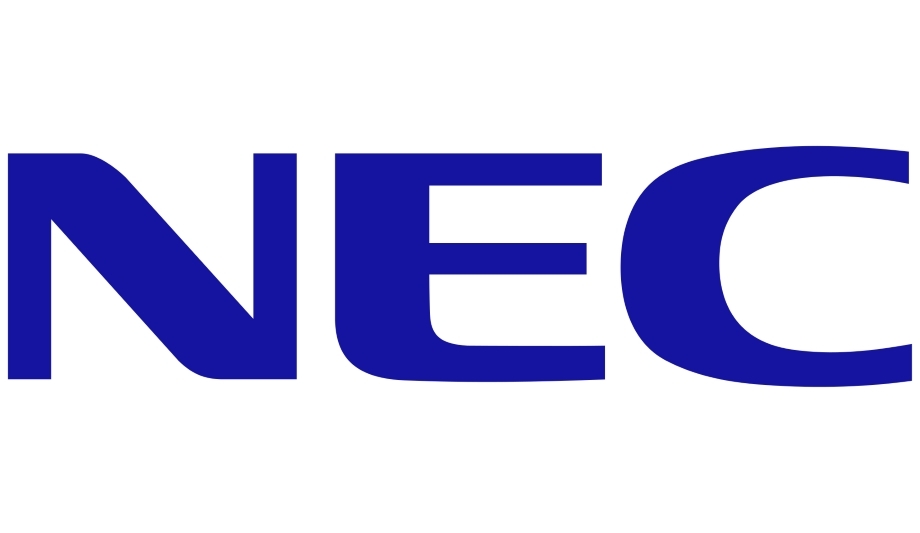As a provider of facial recognition and other biometric, as well as information and communications technologies, NEC Corporation welcomes greater industry collaboration and effective discussion for the future of facial recognition technology and business. As a point of background, NEC produces face, iris, fingerprint, palm print, finger vein, voice and ear acoustic recognition technologies, and has over 700 biometric recognition installations in over 70 countries around the world.
In recent weeks, the company has seen renewed calls for government regulation and discussions about how they as an industry can build a foundation of responsibility to protect people against discrimination, invasions of privacy and violations of human rights.
NEC Corporation welcomes this debate as they believe it will lead to solutions that can make our world a better place. Furthermore, they are eager to move the discussions forward.
Identifying travellers using facial recognition
The Department of Homeland Security is using facial recognition technology at more than a dozen airports to positively identify travellers
As more companies come forward to add their voices to this dialogue, Takashi Niino, President and CEO, NEC Corporation, believes the company will start to see new and different roles that these technologies can play in protecting and improving our global communities.
In the United States, for example, the Department of Homeland Security is today using facial recognition technology at more than a dozen airports to positively identify travellers entering and exiting the United States. Three days after the technology was introduced at Dulles International Airport, an imposter was stopped using a fake document.
As recently as late November, the lead architect of this system from U.S. Customs and Border Protection (CBP) reported that it had identified at least 36 imposters so far. Additionally, the first curb-to-gate biometric experience in the U.S. just launched at a major international airport terminal to a positive customer response, potentially changing the future of travel.
Protecting society and securing borders
NEC, therefore, supports various governments' considerations for reasonable policy, setting privacy standards for personal information and preventing unlawful discrimination related to this technology. Businesses, consumers, and the government should work together to help balance the need for privacy with the benefits of protecting our society, securing our borders and providing consumer convenience without the fear of negative consequences.
NEC has a decade-long leadership position and pedigree where NIST evaluations of our facial recognition technologies are concernedAccuracy is vitally important to the effectiveness of biometric technologies. NEC is committed to the National Institute of Standards and Technology (NIST) and their evaluations. NEC has a nearly decade-long leadership position and pedigree where NIST evaluations of our facial recognition technologies are concerned, and you can read more about it on our global website.
Digital Trust Business Strategy Division
In addition, NEC has established a ‘Digital Trust Business Strategy Division’ to create and promote a strategy based on ‘Human Rights by Design’, considering the impact of the adoption of artificial intelligence (AI) on society and the utilisation of biometric information on human rights and privacy.
NEC seeks an adoption path for these technologies that is in line with the worldwide principals of freedom, justice, rights to privacy, transparency and continuous improvement. NEC strongly believes that facial recognition can add significant value to our lives.







